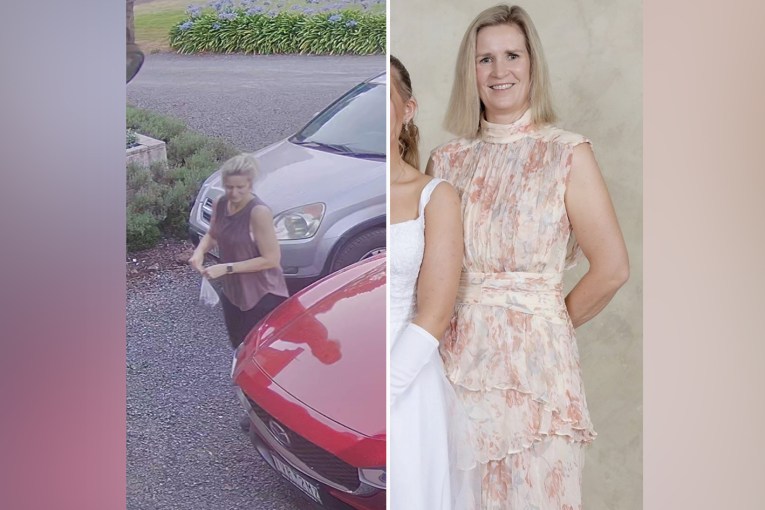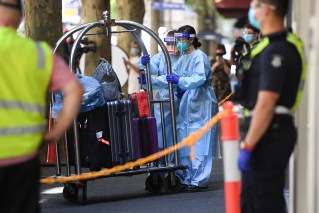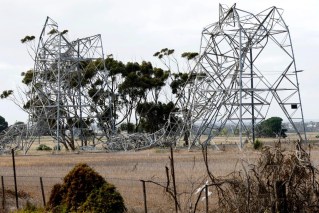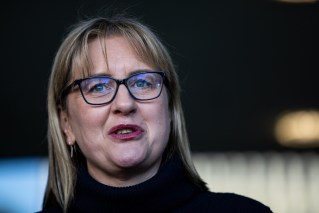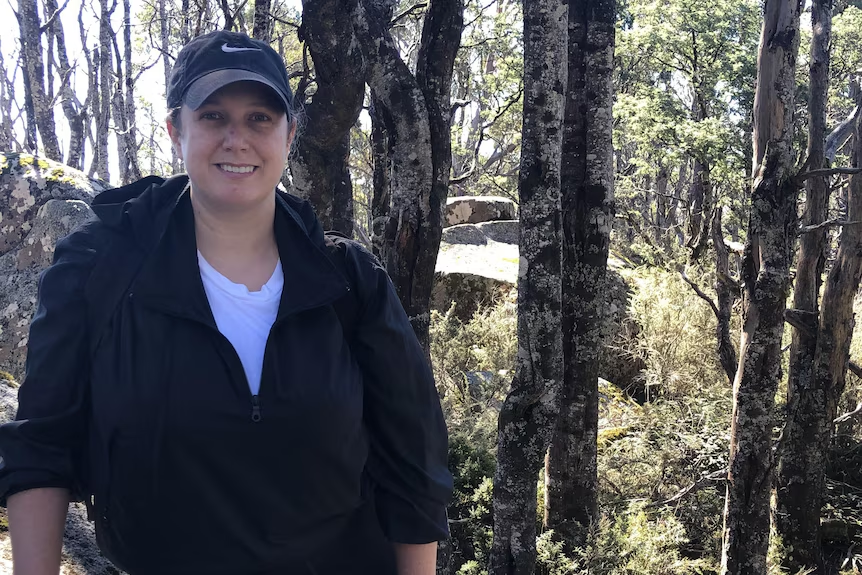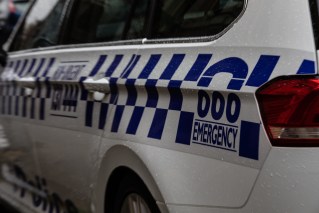MPs urged to strip Catholic seal of confession’s mandatory reporting exemption
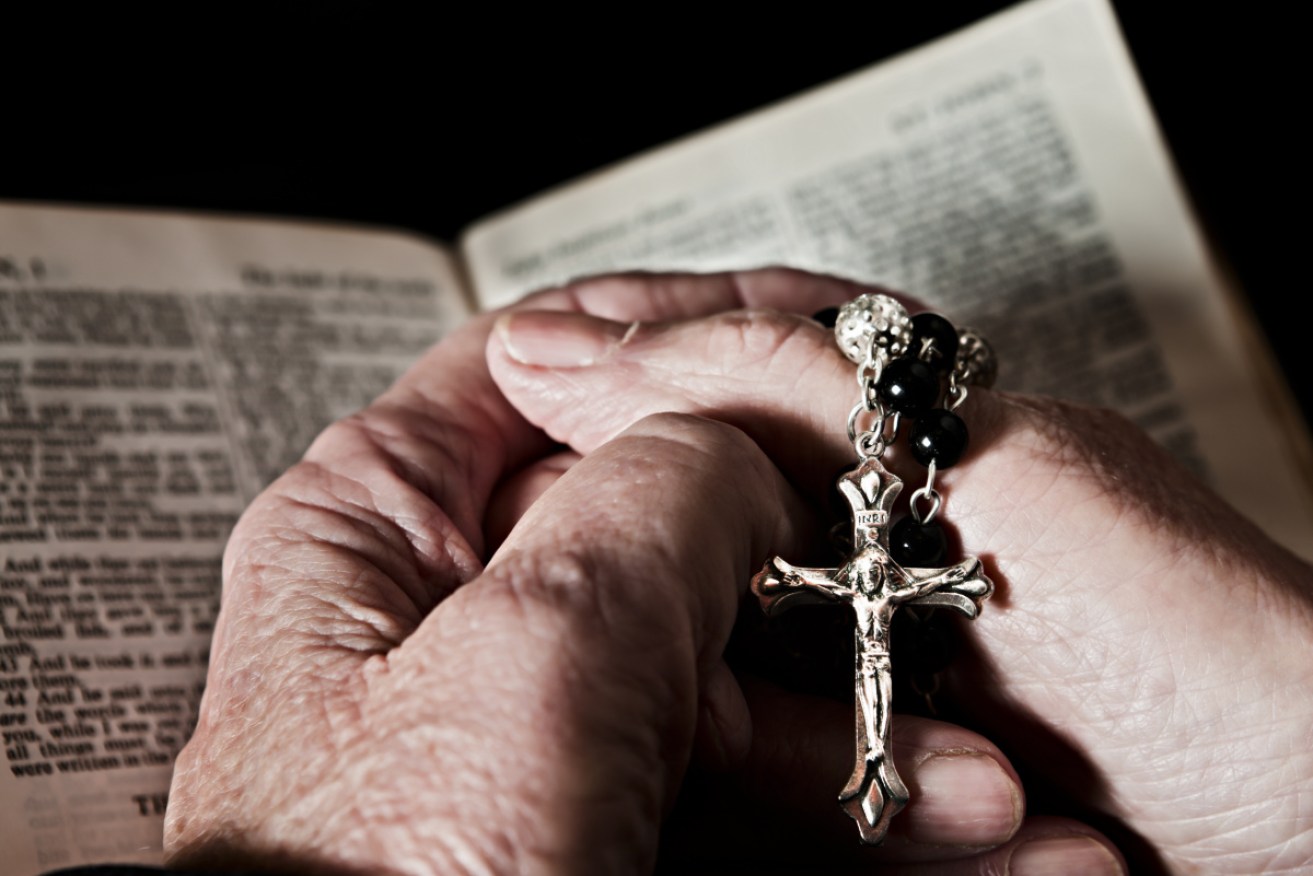
The Catholic Church has said it will defy any law change. Photo: Getty
Anti-abuse advocate Chrissie Foster has urged Victorian MPs to back a bill before Parliament which would make it mandatory for priests to report suspected child abuse to authorities, breaking legal protection around the confessional seal.
Under current laws, Victorian teachers, police, medical practitioners, nurses, school counsellors, early childhood workers and youth justice workers must tell authorities if they develop a reasonable belief in the course of their professional work that a child has been abused.
But priests and religious leaders have so far been exempt from mandatory reporting laws, despite a recommendation from the child sex abuse royal commission that churches not be exempt from reporting information discovered during religious confession.
In amendments to be introduced to Parliament on Wednesday, the Victorian government will add religious and spiritual leaders to the list of mandated reporters.
The amendments would also ensure that disclosures of abuse during religious confession are not exempt and must be reported to police.
The Catholic Church last year formally rejected the notion that clergy should be legally forced to report confessions of abuse revealed during the confessional, with one archbishop comparing the religious tradition to lawyer-client privilege or a journalist’s obligation to their sources.
Victorian Child Protection Minister Luke Donnellan said the amendments would bring about “cultural change” to make future generations of Victorian children safer.
“It’s pretty simple: if you think a child is being abused, you have to report it,” he said.
‘Children are sacrosanct’
The state opposition had committed to a similar position before the November election, meaning the bill is likely to have bipartisan support.
Ms Foster, whose daughters Emma and Katie were raped by Melbourne priest Kevin O’Donnell while they were at primary school, said politicians who backed the changes should be “congratulated”.
She cited the case of Catholic priest Michael McArdle – who claimed in an affadavit to have confessed he was sexually abusing boys to up to 30 priests over a 25-year period – as an example of why the laws were needed.
“Instead of him offending for 25 years, now he’ll be mandatory reported at the first confession, not allowed 1500 other confessions after that,” Ms Foster said.
“The Catholic priesthood says that the seal of confession is sacrosanct.
“Sacrosanct means something is too important or valuable to be interfered with. Well, I say the bodies and lives of children are sacrosanct.”
“They [the Catholic Church] get it on the level of their own confession and their own things they’ve made up for themselves, therefore they should see this value in children.”
The Melbourne Archbishop Peter Comensoli last year insisted the seal of confession could not be broken despite the looming law change.
“The breaking of the seal is not likely to lead to child safety, it’s more symbolic than a practical solution,” he said.
Catholic archbishops in South Australia and the ACT, where governments have also moved to scrap protections around the confession, have similarly vowed to defy the new laws.
Additional amendments in the Children Legislation Amendment Bill 2019 include measures to keep Aboriginal and non-Aboriginal siblings in care together and boost the legal status of child immunisations.
